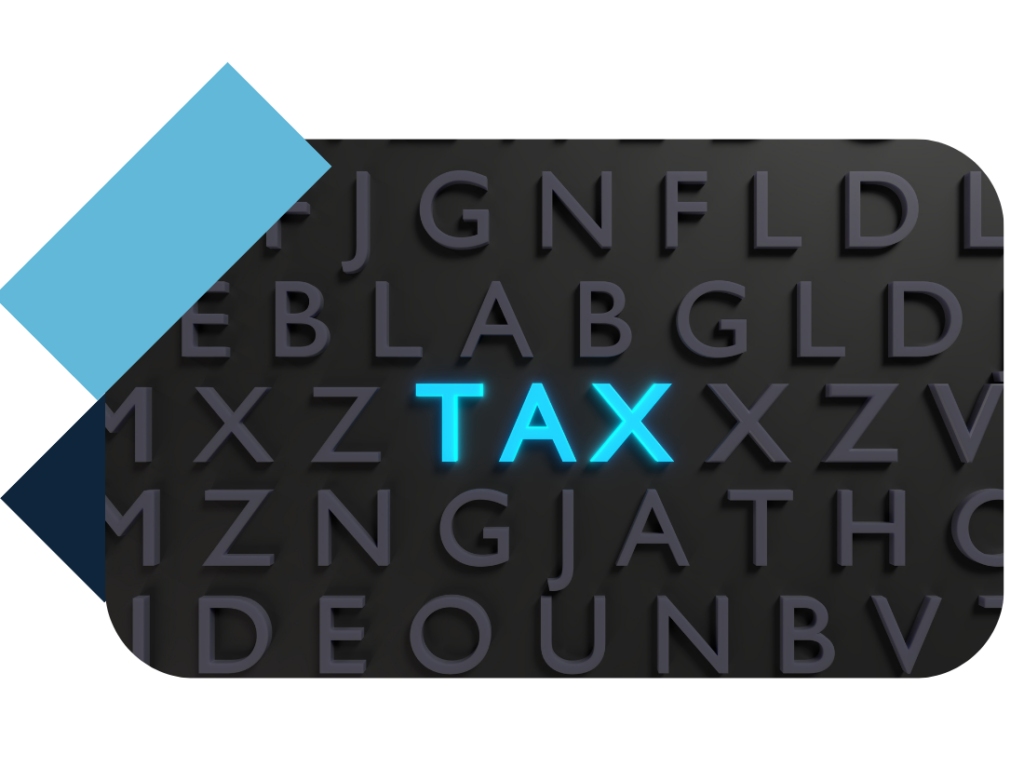The tax season is upon us once again and we want to help you get your business prepared for submission. Complying with your tax obligations as a small business has been made a lot easier over the past few years as SARS continues its efforts to ultimately digitize and streamline the procedure.
It goes without saying, this tax season will unfold in a different manner due to the Covid-19 pandemic. While small businesses qualify for tax relief during the first 4 months of South Africa’s lockdown period, this also impacts how you’ll need to submit your taxes this year.
We, along with some of our friends who are experts in the field, have put together a few top tips to help with your business’s submission this year.
When is the tax season?
The tax season is split into three key periods for you to remember:
- April 15 to May 31 Employers submit their reconciliation of employee earnings and all third-party information providers (providers of interest certificates, medical aid certificates, retirement earnings are three examples) send their certificates to SARS and the relevant individuals. SARS also uses this information to start populating individuals’ tax returns.
- June 1 to August 31 Taxpayers need to ensure that all their information is up-to-date and accurate. During this period SARS will issue a large number of individual taxpayers with auto-assessment notices via SMS messages. Taxpayers need to check their auto assessment on the SARS eFiling website or the SARS MobiApp and indicate if they accept the assessment outcome. SARS will also notify taxpayers whose third-party data is compliant that they may file early (i.e. before September 1).
- September 1 to January 1 All taxpayers should submit tax returns and provisional taxes and businesses due on 31 August for provisional tax. SARS will issue a public notice to confirm which taxpayers need to submit a return. Those taxpayers who file manually at a SARS branch must do so by October 22. Provisional individual taxpayers who complete their returns electronically must do so on or by January 31, 2021. Businesses have until 28 February 2021 to submit their return.
Can you (and your employees) claim a tax deduction for working from home?
Thousands of employees have had to work from home since the lockdown began at the end of March. The Income Tax Act sets out basic requirements that must be met if this tax relief is to apply:
- You must practice a “trade” – which can be employment. So purely by being employed, this criterion is fulfilled.
- The home office must have all the equipment you need to perform your job, such as a laptop, printer, WiFi, desk etc.
- The home office must be used often and only for you to do your job. This space should not be a family/shared space when you have finished work for the day.
- You must have worked in this space for at least 6 months of the year.
Is all relief received due to COVID-19 exempt from income tax?
“Simply put, yes,” says Bernice du Toit, Financial Accountant at Lulalend.
The tax relief includes the following three sections:
- An exemption from income tax on funds and accruals received by the business from the government
- An exemption from donations tax on donations made to or by the business (limited to R10 000 per year for businesses); and
- Donations made to a business will be tax-deductible by the donor. “Deduction is limited to 10% of your taxable income per annum, and this deduction would only apply to donations for which a section 18A certificate has been obtained,” says Bernice du Toit.
Read up more on the list of registered PBOs here, and section 18A here.
What about the TERS benefits?
SARS confirmed that TERS (Temporary Employee/Employer Relief Scheme) benefits are payable in terms of the Unemployment Insurance Act and thus exempt from income tax.
According to Bowmanslaw.com, where the employer receives the TERS benefits from the Unemployment Insurance Fund (UIF) in order to pay employees, the employer is merely processing the payment on behalf of the UIF.
Do you really need to submit a tax return?
According to Sue Willoughby of HorisonTax, it is vitally important, for many reasons, that all taxpayers stay tax-compliant. ‘“If you do not submit tax returns every year then you are not tax-compliant according to SARS. You should always submit a tax return even if it is a “nil-return”. Why do you need to stay tax-compliant? Well, if ever you need to get involved in a financial deal with any government department, institution, or municipal body, whether a loan, work contract or otherwise, you will need to be tax compliant with SARS,” says Willoughby.
In certain cases, institutions may be reluctant to consider loans to people who are not tax-compliant. Institutions may need to see the latest SARS’s IT34. No ITR12s and no IT34s means you are not tax-compliant – it is as simple as that.
Visit www.horisontax.co.za if you need assistance with your filing this season.
The provisions set out by SARS and the disaster relief fund aim to help businesses and individual taxpayers stay tax compliant even during a pandemic. It’s important to remain tax compliant if you want your business to qualify for COVID relief. By following these tips and meeting all the relevant deadlines, you and your business can make it through the 2020/2021 tax season with a better understanding of what needs to be done to continue growing your business.



